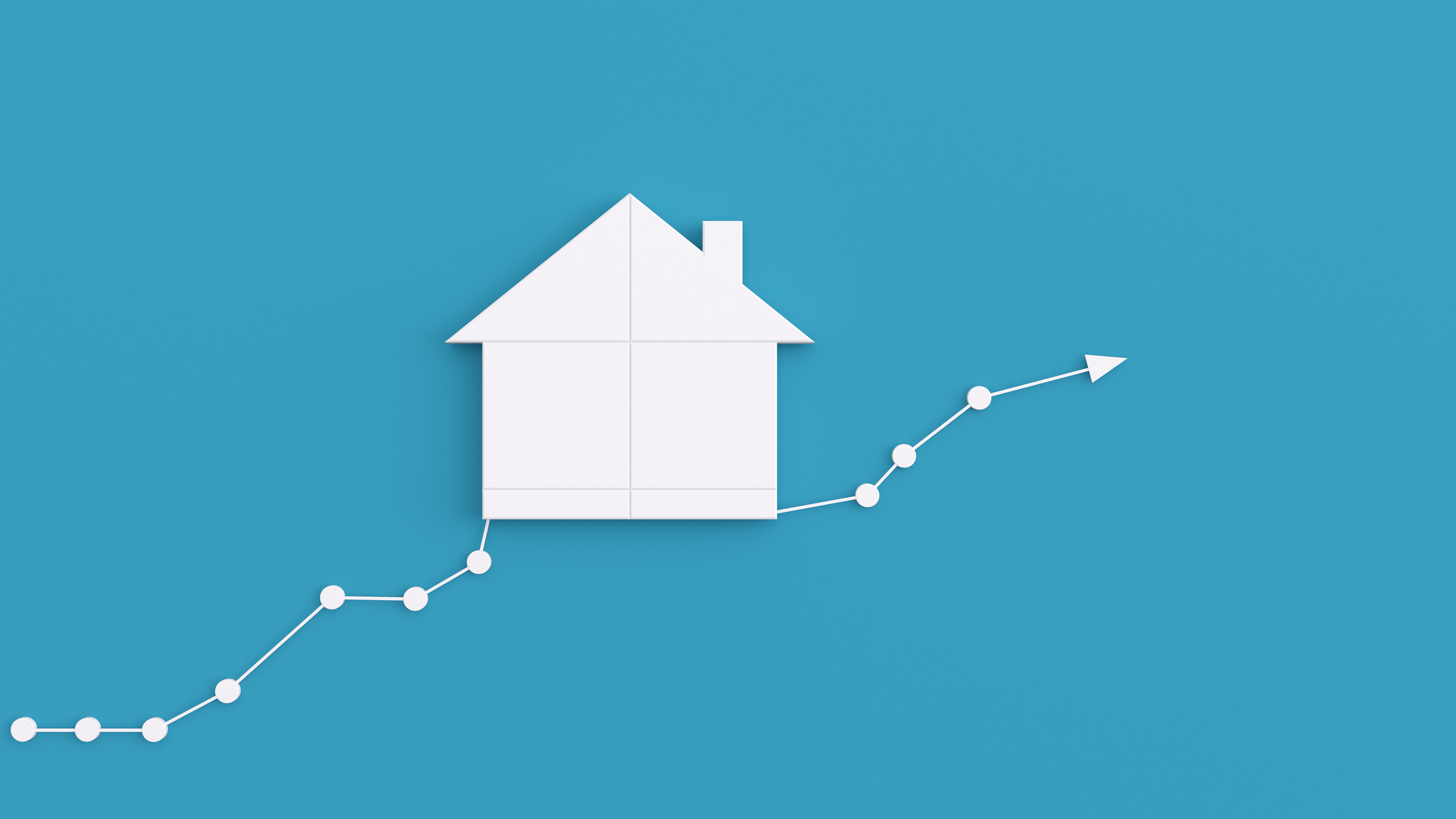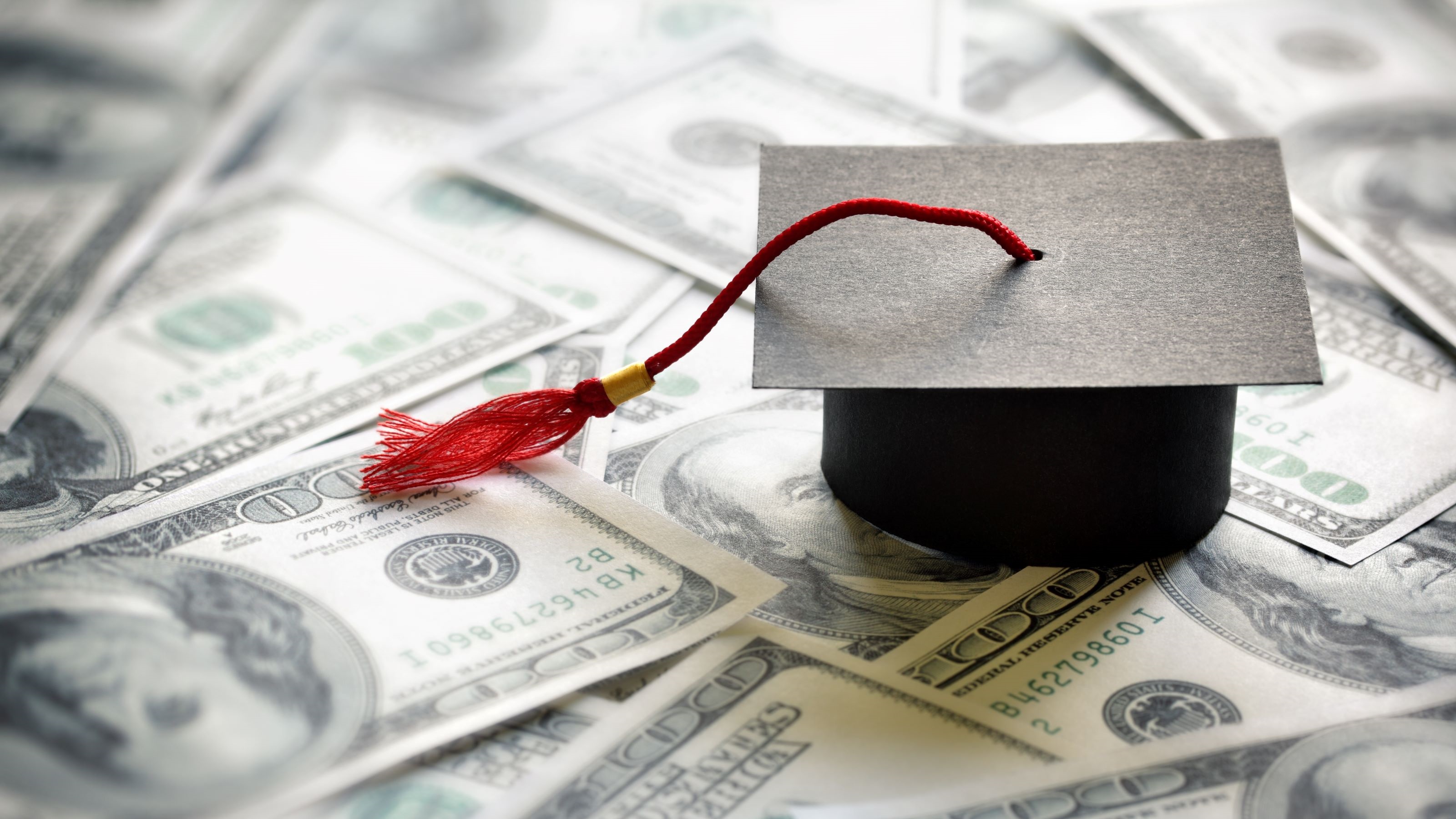Consumers Will Feel Impact of Rapidly Falling Interest Rates
Mortgage and car loans will experience the most significant dips, while some holders of Treasuries may get a slight boost.


Profit and prosper with the best of Kiplinger's advice on investing, taxes, retirement, personal finance and much more. Delivered daily. Enter your email in the box and click Sign Me Up.
You are now subscribed
Your newsletter sign-up was successful
Want to add more newsletters?

Delivered daily
Kiplinger Today
Profit and prosper with the best of Kiplinger's advice on investing, taxes, retirement, personal finance and much more delivered daily. Smart money moves start here.

Sent five days a week
Kiplinger A Step Ahead
Get practical help to make better financial decisions in your everyday life, from spending to savings on top deals.

Delivered daily
Kiplinger Closing Bell
Get today's biggest financial and investing headlines delivered to your inbox every day the U.S. stock market is open.

Sent twice a week
Kiplinger Adviser Intel
Financial pros across the country share best practices and fresh tactics to preserve and grow your wealth.

Delivered weekly
Kiplinger Tax Tips
Trim your federal and state tax bills with practical tax-planning and tax-cutting strategies.

Sent twice a week
Kiplinger Retirement Tips
Your twice-a-week guide to planning and enjoying a financially secure and richly rewarding retirement

Sent bimonthly.
Kiplinger Adviser Angle
Insights for advisers, wealth managers and other financial professionals.

Sent twice a week
Kiplinger Investing Weekly
Your twice-a-week roundup of promising stocks, funds, companies and industries you should consider, ones you should avoid, and why.

Sent weekly for six weeks
Kiplinger Invest for Retirement
Your step-by-step six-part series on how to invest for retirement, from devising a successful strategy to exactly which investments to choose.
We are in a new world of low interest rates that will likely be with us for a while. The 10-year Treasury rate fell to 0.75% on Friday. The yield curve is very flat; the 10-year is no more than 0.4 percentage points higher than any shorter-term Treasury.
The biggest impact on consumers is going to be on mortgage interest rates, which are falling to their lowest levels ever. The 30-year fixed rate is headed below 3%. The 15-year fixed is expected to fall below 2.5%. The mortgage refinance industry is returning to its glory days. In fact, refinancers are expected to be swamped with applications, which might delay closings. Those interested in refinancing should wait a week or so for posted rates to adjust downward. A rough rule of thumb is that the 30-year mortgage rate should be about 1.75 to 1.9 percentage points above the 10-year Treasury rate, and the 15-year mortgage rate a half-point less, or 1.25 to 1.4 points above.
Interest rates on new car loans are likely to drop below 5.0%. These rates are determined by the bank prime rate, which in turn is affected by Federal Reserve changes in the short-term interest rate. This will undoubtedly juice the car market a bit. Consumer loan rates in general should be a bit lower as well, though the uncertain economy and declining consumer sentiment might make consumers reluctant to add more debt.
From just $107.88 $24.99 for Kiplinger Personal Finance
Become a smarter, better informed investor. Subscribe from just $107.88 $24.99, plus get up to 4 Special Issues

Sign up for Kiplinger’s Free Newsletters
Profit and prosper with the best of expert advice on investing, taxes, retirement, personal finance and more - straight to your e-mail.
Profit and prosper with the best of expert advice - straight to your e-mail.
The drop in interest rates has been a temporary boon for holders of long-term Treasuries, as they have earned capital gains from the rise in bond prices. However, it is less beneficial for those just entering the long-term market because they are buying in at high prices. It is also not so good for holders of short-term Treasuries, since these bills hit maturity fairly quickly; investors/mutual funds must buy back in at high prices, earning very little in yield. Although the stock market is down for the moment, the low rates are likely to continue to drive investors to eventually search for yield back in equities, or perhaps try their luck in real estate. The housing market should be pretty hot this year, though prices are expected to jump because of low inventories.
Profit and prosper with the best of Kiplinger's advice on investing, taxes, retirement, personal finance and much more. Delivered daily. Enter your email in the box and click Sign Me Up.

David is both staff economist and reporter for The Kiplinger Letter, overseeing Kiplinger forecasts for the U.S. and world economies. Previously, he was senior principal economist in the Center for Forecasting and Modeling at IHS/GlobalInsight, and an economist in the Chief Economist's Office of the U.S. Department of Commerce. David has co-written weekly reports on economic conditions since 1992, and has forecasted GDP and its components since 1995, beating the Blue Chip Indicators forecasts two-thirds of the time. David is a Certified Business Economist as recognized by the National Association for Business Economics. He has two master's degrees and is ABD in economics from the University of North Carolina at Chapel Hill.
-
 Nasdaq Leads a Rocky Risk-On Rally: Stock Market Today
Nasdaq Leads a Rocky Risk-On Rally: Stock Market TodayAnother worrying bout of late-session weakness couldn't take down the main equity indexes on Wednesday.
-
 Quiz: Do You Know How to Avoid the "Medigap Trap?"
Quiz: Do You Know How to Avoid the "Medigap Trap?"Quiz Test your basic knowledge of the "Medigap Trap" in our quick quiz.
-
 5 Top Tax-Efficient Mutual Funds for Smarter Investing
5 Top Tax-Efficient Mutual Funds for Smarter InvestingMutual funds are many things, but "tax-friendly" usually isn't one of them. These are the exceptions.
-
 What New Tariffs Mean for Car Shoppers
What New Tariffs Mean for Car ShoppersThe Kiplinger Letter Car deals are growing scarcer. Meanwhile, tax credits for EVs are on the way out, but tax breaks for car loans are coming.
-
 AI’s Rapid Rise Sparks New Cyber Threats
AI’s Rapid Rise Sparks New Cyber ThreatsThe Kiplinger Letter Cybersecurity professionals are racing to ward off AI threats while also using AI tools to shore up defenses.
-
 Blue Collar Workers Add AI to Their Toolboxes
Blue Collar Workers Add AI to Their ToolboxesThe Kiplinger Letter AI can’t fix a leak or install lighting, but more and more tradespeople are adopting artificial intelligence for back-office work and other tasks.
-
 AI Goes To School
AI Goes To SchoolThe Kiplinger Letter Artificial intelligence is rapidly heading to K-12 classrooms nationwide. Expect tech companies to cash in on the fast-emerging trend.
-
 What To Know if You’re in the Market for a New Car This Year
What To Know if You’re in the Market for a New Car This YearThe Kiplinger Letter Buying a new car will get a little easier, but don’t expect many deals.
-
 Will Lower Mortgage Rates Bring Relief to the Housing Market?
Will Lower Mortgage Rates Bring Relief to the Housing Market?The Kiplinger Letter As mortgage rates slowly come down here's what to expect in the housing market over the next year or so.
-
 Car Prices Are Finally Coming Down
Car Prices Are Finally Coming DownThe Kiplinger Letter For the first time in years, it may be possible to snag a good deal on a new car.
-
 New Graduates Navigate a Challenging Labor Market
New Graduates Navigate a Challenging Labor MarketThe Kiplinger Letter Things are getting tough for new graduates. Job offers are drying up and the jobless rate is increasing. Are internships the answer?